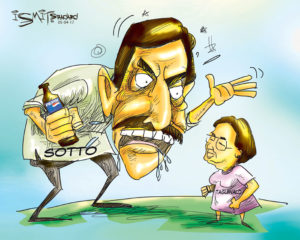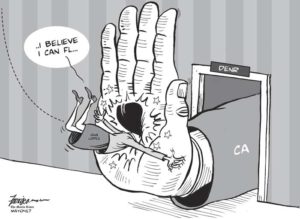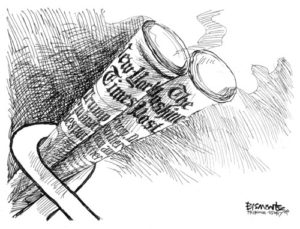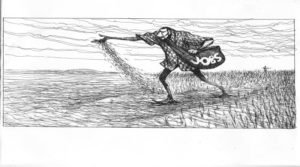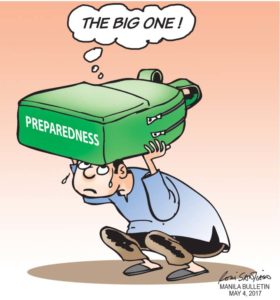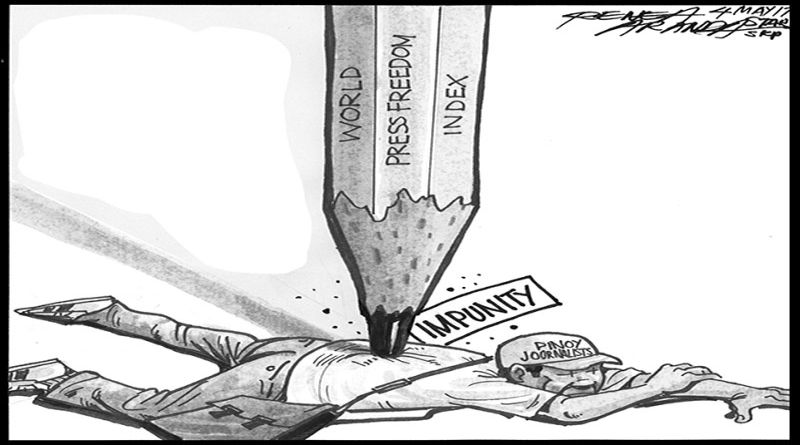Press freedom and inclusion
Despite President Duterte’s uneasy relationship with mass media, the country saw an improvement in its rating in the latest World Press Freedom Index. While still ranking low at 127th place among 180 countries, it was a jump of 11 notches from the previous year, thanks largely to a plunge in the number of journalists killed in the Philippines, according to Reporters Sans Frontieres or RSF, which released its annual report on April 27.
This is positive news for the country on World Press Freedom Day, observed every May 3. Philippine journalists, however, remained classified under those living in “difficult situations” as the France-based RSF or Reporters Without Borders expressed concern about President Duterte’s tirades against media. The country also continues to rank high in the Impunity Index as most of the hundreds of deadly attacks on journalists since 1986 remain unsolved.
At least there were no media murders confirmed to be work-related in 2016, the RSF noted. This year, the group has recorded only one case so far: Remate tabloid columnist Joaquin Briones was shot dead on March 13 in Masbate where he is based. Such impunity in killing journalists persists. Because the circumstances that breed impunity remain, the drop in journalist killings last year could be a mere pause in what has become a habit of permanently silencing critical reporting and commentary.
The country also marked World Press Freedom Day with the Freedom of Information bill still in limbo. The President, impatient for Congress to pass the law, issued an order for freedom of information in the executive branch. Media freedom watchdogs, however, have complained that the order is not accomplishing its avowed objective.
In observing World Press Freedom Day, the United Nations has stressed the role of free and quality journalism in promoting peaceful, just and inclusive societies where the rule of law prevails. This is the UN’s Sustainable Development Goal 16: the achievement of “peace, justice and effective, accountable and inclusive institutions.” Even a pause in media killings is welcome news in one of the most dangerous countries for journalists. Press freedom in the Philippines, however, is beset by many challenges and requires nurturing and strengthening, if the UN goal is to be achieved.
